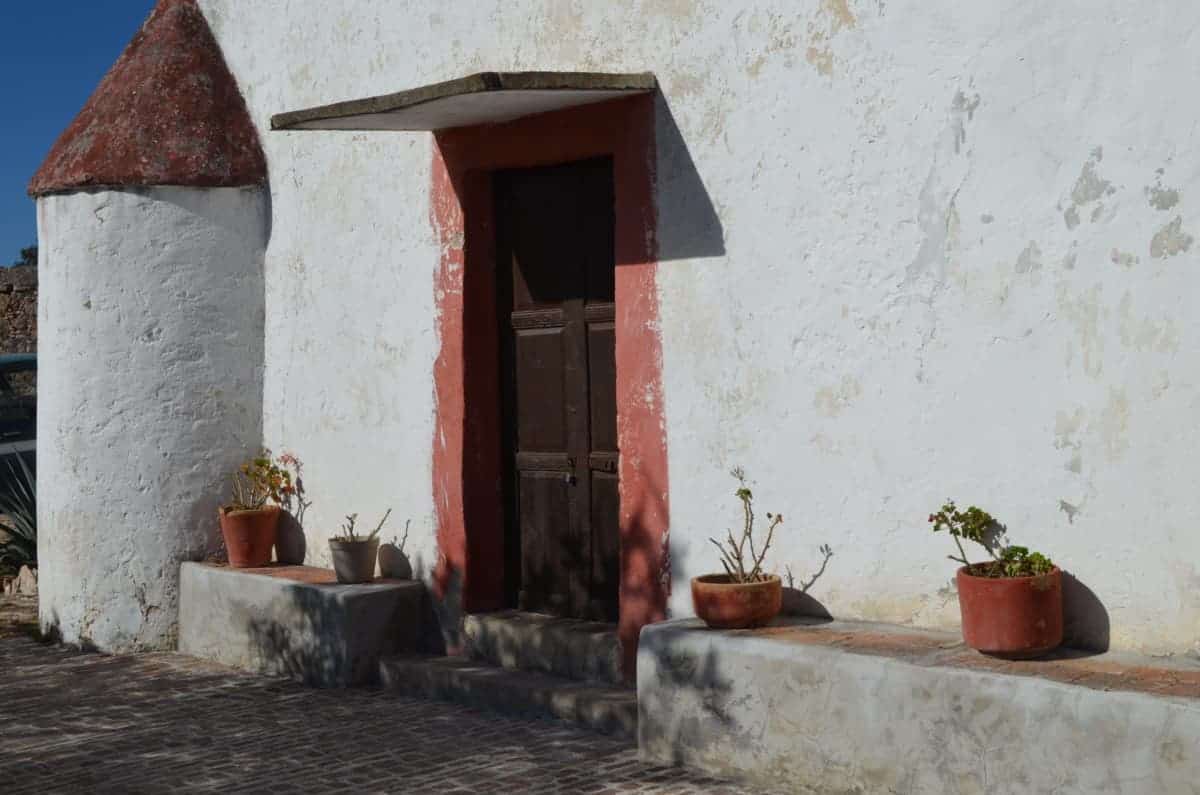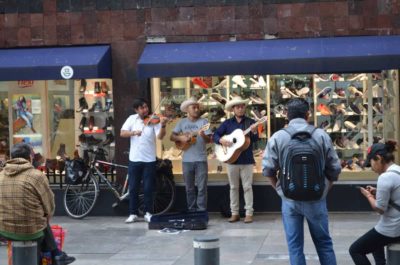Home. This four-letter word can be so simple yet immensely powerful all at the same time. As our time in Mexico has ended, the power of the word home has never been clearer to me. From our arrival in Mexico, home was a recurring theme that after a couple of days I could no longer ignore. This theme was not intentional, but several of the individuals we met along our journey genuinely, and so naturally, demonstrated to me just how important the notion of home is to Mexicans.
Home is the final farewell from our tour guide at IECA (Instituto Estatal de Capacitacion).
As our delegation said our goodbyes and thanks to those who facilitated our time at IECA, I hear our tour guide softly say, “Here you are home.” Initially, I was a bit confused by this statement and wondered if something got lost in translation. How exactly could this place be home?
IECA plays a much-needed role in workforce development in the area of Irapuato where we visited. While not a college, IECA is a training facility that reminded me of the training offered through Continuing Education in our community colleges. IECA provides short-term training opportunities for industries and individuals resulting in certification in specific areas, including those we toured — welding, residential electrical, and hydraulics and pneumatics.
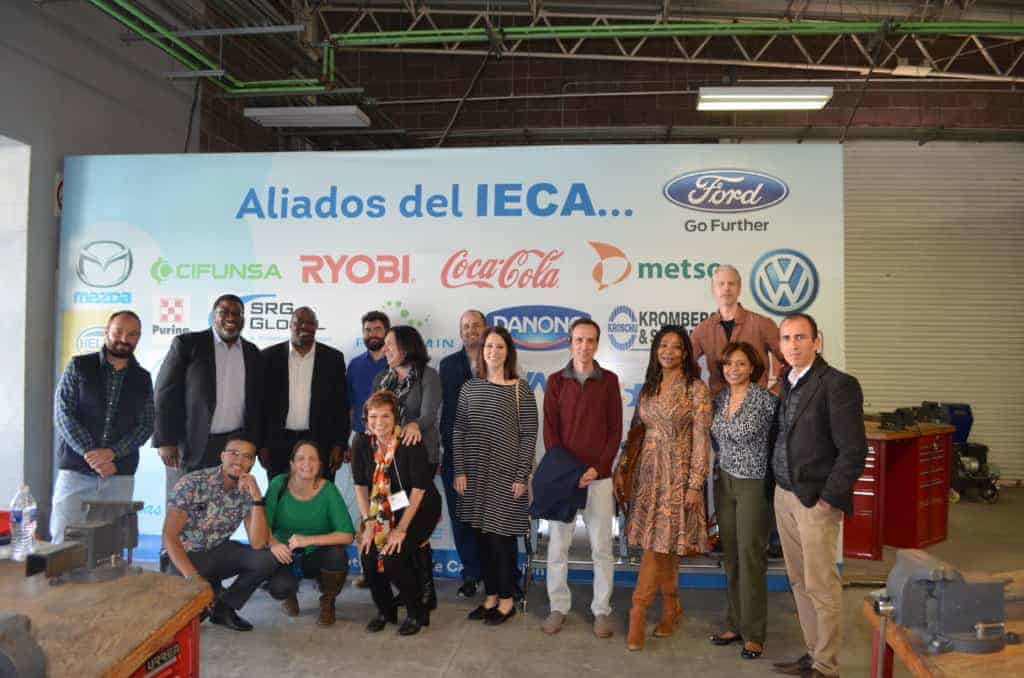

In the position I’ve held for a little over a year at Rowan-Cabarrus, immersing myself into our technical programs has been a major focus for me. As my background is not in a technical area, the learning curve has been steep at times. Perhaps because I finally did feel at home amongst the programs that are so closely tied to our community colleges, in essence, I was home.
Home is supper in a new acquaintance’s home.
After learning about the work done by the Fundacion Comunitaria del Bajio (FBC) and multiple industry visits, we were fortunate to be able to sit down with the board of FBC, industry representatives, and employees of local industry for a meal at the home of one of FBC’s board members. Here I met a woman, Carla, who had just worked a 12 hour shift, drove straight to dinner after her shift to meet our delegation, and would leave early to make the hour long drive back home to her family.
Her openness to my questions about her work and life balance was refreshing and akin to catching up with a family member you have not seen in some time. Sitting at a table surrounded by nearly 30 people felt like a large family dinner full of love, conversation, and lots of laughter. The feeling of home was undeniable despite there being a language barrier for many of us.
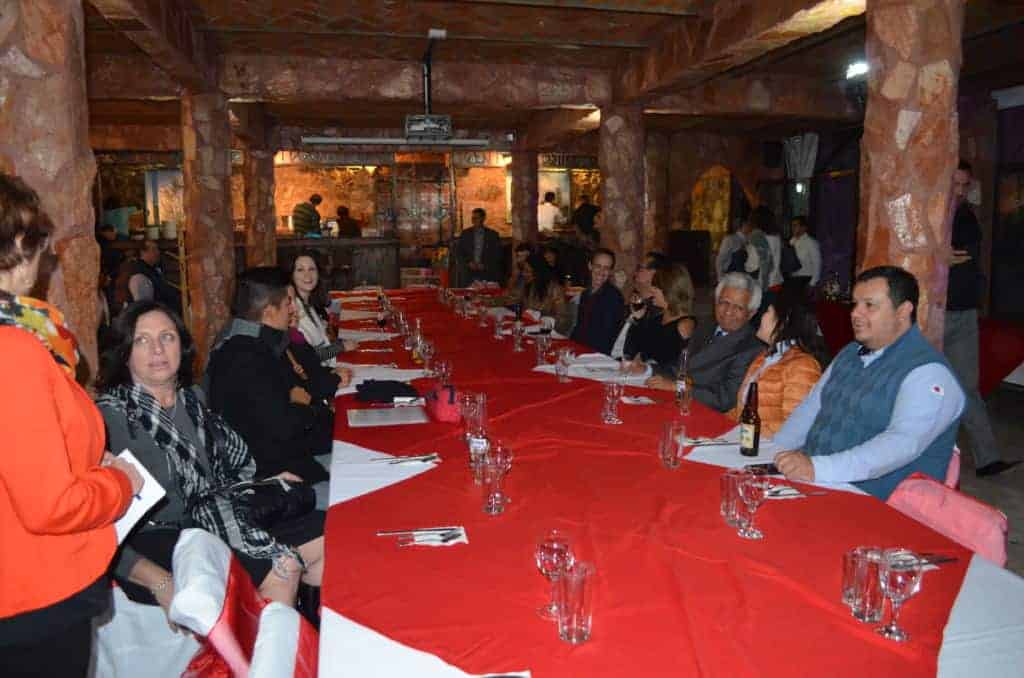

Home is a place of safety for 24 hours during a long, uncertain, and dangerous journey.
To describe la casa del migrante, or migrant house, is difficult because words do not do justice to the work that takes place within its confines. At the migrant house we visited in Irapuato, staying there is free of charge and it is financially maintained by ongoing donations from several families. Once there, migrants are provided food, a place to sleep, and one free phone call that many use to update family on their safety and location. Although only available for 24 hours to migrants, this place of refuge provides safety and a place to recoup much needed energy that is invaluable for those who stay there.
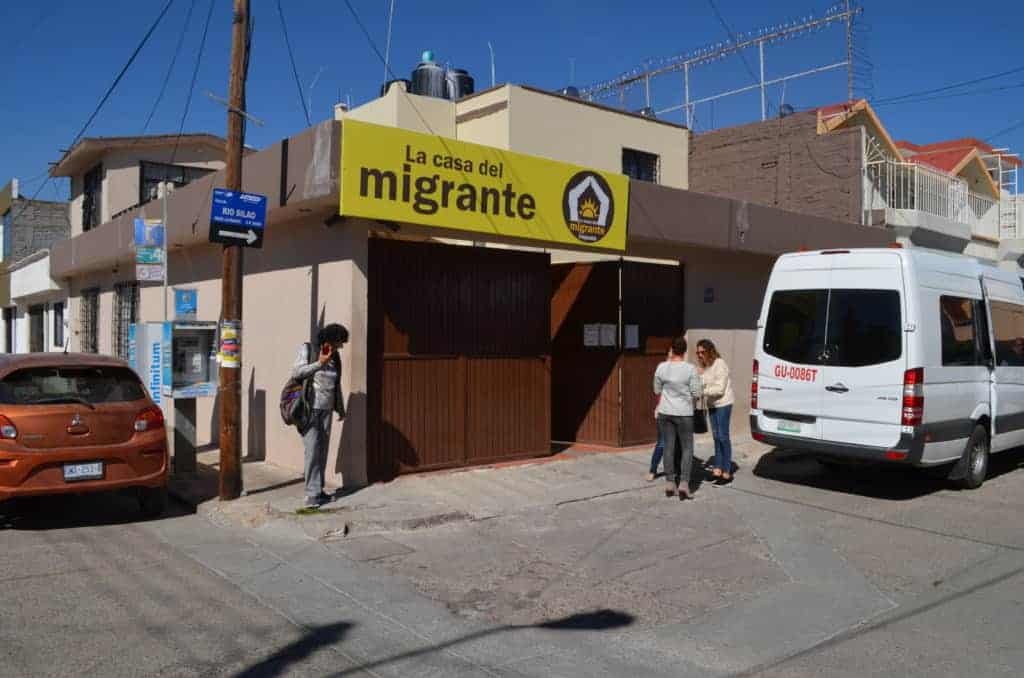

While we were not able to see most of the migrant house due to maintaining the safety and confidentiality of migrants, two women along with their children said hello to our group. This quick greeting was no longer than two minutes but was deeply impactful. Most striking for me was the children who shyly looked at us and told us their names as we all said hello.
After leaving and thinking about this recurring theme of home, I realized that during the journey to America where families dream of safety and prosperity, home is essentially nonexistent. For these children, at a time in their lives when routine and stability are most needed, the only home they’ll remember is their mother’s or father’s arms that have carried and led them hundreds of miles through uncertainty and danger. For weeks or months, thousands of children just like the ones we met will not have a physical home. Thanks to la casa del migrante, if only for 24 hours, migrants have some semblance of a home.
And sometimes, home is best described by others.
During the first five minutes in the small community of Peñitas, a woman in the community named Cecelia said to us,
“Thank you for thinking of us, because so many don’t. I hope you don’t go back sad because of the streets and house conditions. Don’t forget us and keep coming back to visit us. Whenever you want, this will be our community. You have your home here. And you have a friend in me.”
For some reason I felt the importance of what Cecelia was about to say before she said it and I immediately grabbed my phone so that I could talk-to-text her statement from our interpreter into my phone. The strength in her statement is undeniable. Walking in front of me, Cecelia displayed immense pride as we strolled around her small, rural community of 270 people. Beside me was another woman of the community carrying apples, tangerines, and bottled water for us to share during our visit. You see, many of the families in this community barely have enough to support themselves and their families, yet extended what they had to us with the warmest of welcoming gestures, making us feel more at home.
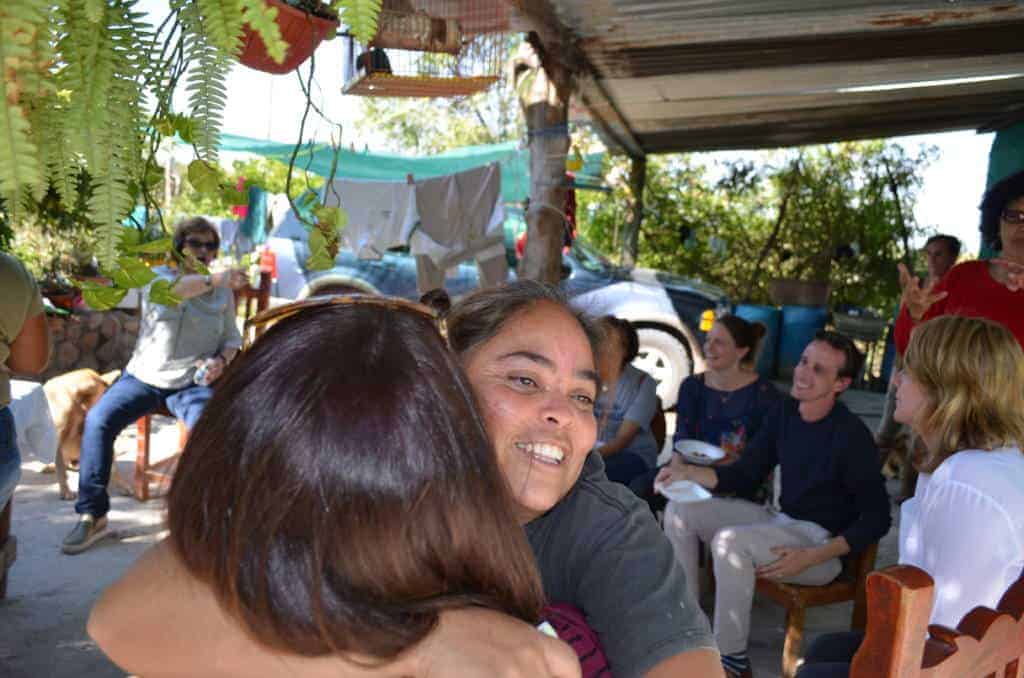

Since returning from Mexico, I have thought often of the beauty of Peñitas. It is direly poor with many families lacking access to sewage, clean water, and electricity; however, its beauty is undeniable. There is beauty in the pride held by members of Peñitas for their community and the hopes they have for its future. There is beauty in the dreams that parents have for their children. There is beauty in the love that abounds in the homes of families like Rachel’s who said with such conviction that although her home was small, it was full of love. There is beauty in the openness of this community to share their stories with complete strangers from America. Simply put, Peñitas is beautiful and a home I’ll never forget.
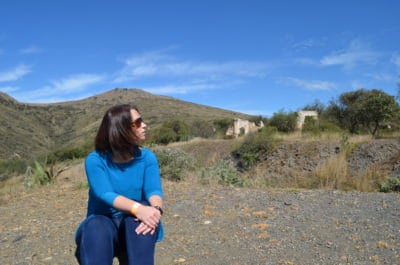

As I sit in my physical home in North Carolina reflecting upon my time in Mexico, I realize that home is not necessarily a particular location or feeling.
Home is the outpouring of love to others, wherever it may be, and to whomever it can reach.
This simple action offered to me and our entire delegation in Mexico is why I felt at home every single day of our trip. As we are back in North Carolina, part of our charge is to provide that home to the Latino population within our state and beyond. As members of the North Carolina Community College System, we have a vast network of “homes” full of opportunity for our growing Latino population. In order to reach as many Latinos as possible, we have to be willing to reach beyond our comfort zone to those who may not look like us, talk like us, or even eat the same foods as us, in order to extend that same outpouring of love we received in Mexico here in America. It will not be easy. It may not always be comfortable. It is necessary.
Now, the hard work begins.
